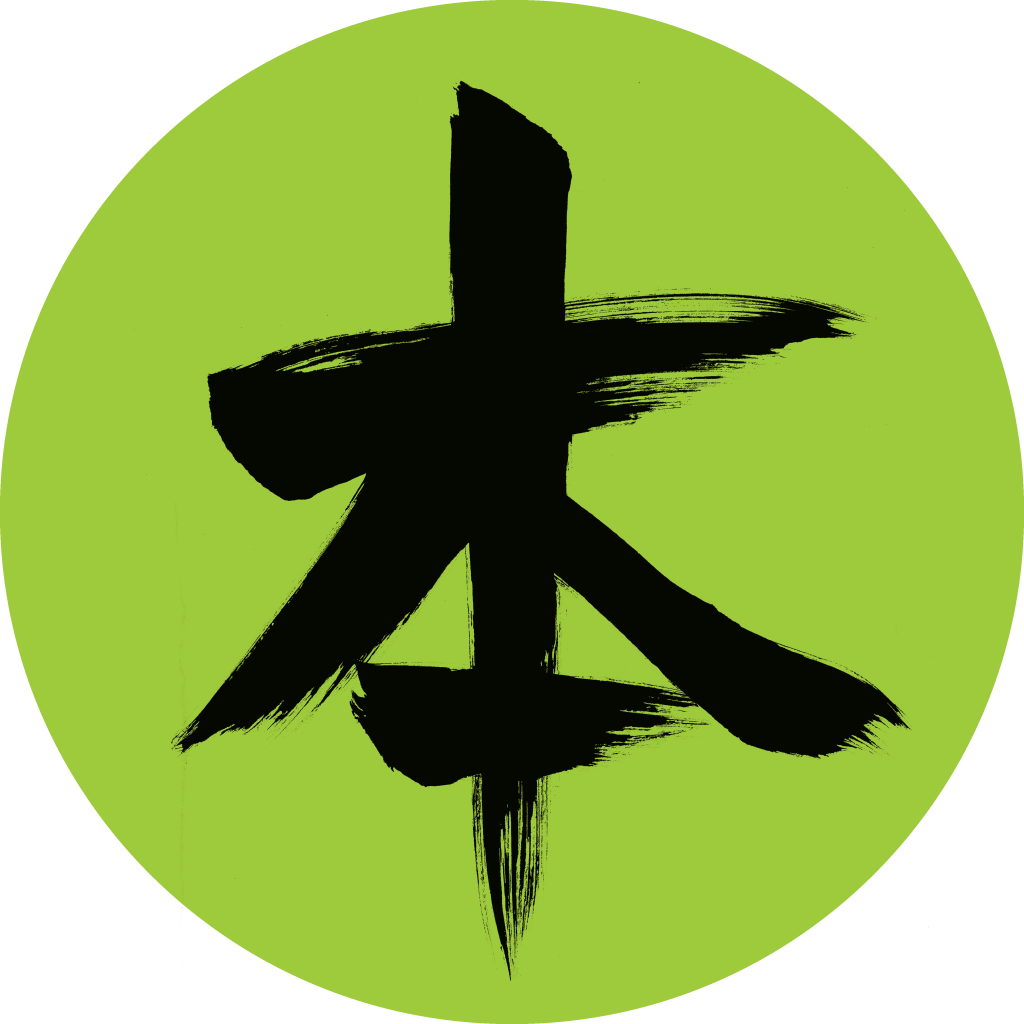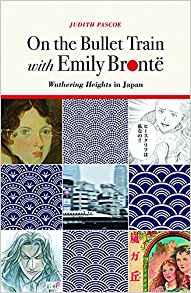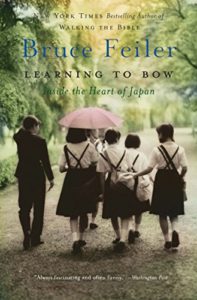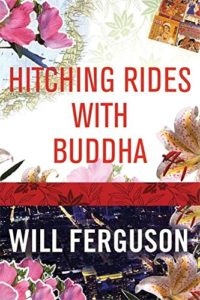By Amy Chavez
So many books are published each year about someone’s year abroad in Japan that it has fostered its own genre called the “My Year in Japan” novel. Basically, a Westerner spends a year here (Japan), returns to their home country, and writes a book about this “weird country” that proceeds to get picked up by a major publisher. Unfortunately, too many of these books slide into the perilous territory of over-generalization, cultural mistranslation and even self-righteousness. In some ways it’s inevitable: after all, how much can one know about a country in just one year?
If well done, however, this genre can be a real eye-opener and offer intriguing glimpses into a different culture with disparate values, and such books can prove to be an extremely worthwhile read.
But most My Year in Japan books fall into the former category, making shallow conclusions based on limited knowledge of the culture. Oft-times the author has followed a spouse here and thus lacks a support network (friends), a structure to fit into (a job) or anyone to guide them through the cultural maze (colleagues or a boss). Japan can quickly become an object of loathing, an impediment to their dreams, something hurled at them undeservedly.
Many would agree that such books risk misrepresenting the host culture. More often than not, unhappiness on the part of the author is blamed on the host country rather than the author’s own inability to adapt. Coming to Japan (a privilege in itself) inevitably forces us to confront things we never imagined: our own value systems and even the very definition of happiness.
The most successful books remain true to both the author’s time abroad and to Japan itself. I’d venture to say that the best nonfiction books of this type don’t center around the author as much as the complexities of the host nation. Here are just a few of the best books in My Year in Japan genre, penned by writers who spent a limited amount of time here.
In On the Bullet Train with Emily Brontë, Judith Pascoe fills her year in Japan with interviews and sleuthing to gauge the effect of English author Emily Brontë on Japanese culture. Her exploits delve into Japan’s eccentricity, absurdity and its flair for pastiche, while exposing the literary side of a country deep into anime and “boys love” manga.
Less introspective but equally satisfying is Florent Chavouet’s Manabeshima Island Japan, about his two months living on a small island in the Seto Inland Sea. Primarily an artist, Chavouet uses drawings more than words to convey the people and the inner secrets of a population of 250.
Bruce Feiler, in his book Learning to Bow, charts his year as a teacher in the JET Programme, introducing Japanese culture along the way.
For a more acerbic take on the good, the bad and the ugly of Japan, Will Ferguson’s Hitching Rides with Buddha offers a scrupulous view of the country, while never holding it to any preconceived standard. This brutally honest exposé traces Ferguson’s trip hitchhiking across the archipelago following the movement of the cherry blossoms from the southernmost point in Kyushu to the northernmost point in Hokkaido. But in fact, there isn’t a whole lot of sakura in the book -— it’s more about the compelling characters he meets and his unanticipated experiences. Even though his trip was only mere weeks (the length of blossom season), he had several years of living in Japan to draw upon, resulting in a sagacious portrayal of a complex country.
By pursuing a greater goal than themselves, these authors allow the culture to speak for itself. They’re not afraid to allow the country to simultaneously dazzle and befuddle them, whether they actually like or agree with certain aspects of it or not. They understand that to interpret a culture risks misinterpreting it.
The question is, then, why aren’t there more books like these? Why don’t publishers seek out more “qualified” writers to pen stories that give a clearer, more in-depth picture with candor? After all, Japan requires a higher-than-average social IQ. Anything less is a bull in a china shop. Why not leave it to the experts rather than the amateurs?
I asked a couple of publishers this question, and this is what I found out.
It turns out that the “My Year in Japan” genre is a fascinating one to armchair travelers, according to one publisher. The outsider, the fish out of water, the eternal struggle to fit in are enduring themes. At the same time, the armchair traveler yearns for worlds far removed from his own that are by nature inaccessible to him (because of jobs, family, distance — reality).
The second publisher went even further. “Most American readers don’t care about how Japan ‘really’ is,” said Peter Goodman of Stone Bridge Press. “American ‘Japan fans’ still respond to superficial allure: pop culture, singing toilets, crazy inventions and absurdly uniform levels of public politeness and behavior. Most readers don’t want to know what it’s really like. They will get bored and restless if you try to give them too much detail.”
In other words, they want beach reads.
I’d go yet further and say that many people don’t want to be challenged with the truth that what they learned growing up isn’t necessarily a universal right or belief. The person who comes to Japan for a year returns to their country. The long-term expat does not. The one-year resident parries the deeper questions of existence by returning to common ground.
In addition, the armchair traveler needs the reassurance that his country is where he belongs, and nowhere else. It’s not how well the author grasps the culture or country she is writing about, it’s more about the fact that she was brave enough to venture abroad at all.
And herein lies the gulf. Long-term expats, imbued with cultural acumen and a concern for accuracy, are survivors. They want to read about characters who persevere and overcome the inevitable hardships all ex-pats encounter. On the other hand, those whose suffering becomes so central to their being that they fail to rise to the challenge and embrace the complexities of the new culture, are unappealing. “Lifers,” the moniker for long-term ex-pats, have little sympathy for the spoiled child who can’t accept the way things are in a foreign country. Likewise, authors mired in admonitions of how they think things should be (inevitably, more like the country they come from), represent unwavering self-righteousness.
In addition, Western expats are in a sense traitors who have left behind countries made great by their forefathers who fought so hard to protect them.
At the end of Will Ferguson’s hitchhike across Japan, he comes to the end of his journey in Hokkaido both physically and metaphorically. He realizes that after so many years, he is finally ready to leave Japan. This is brilliant, because he does what everyone thinks he should do: go home to where he belongs.
This article previously appeared in The Japan Times on Sept. 23, 2018




